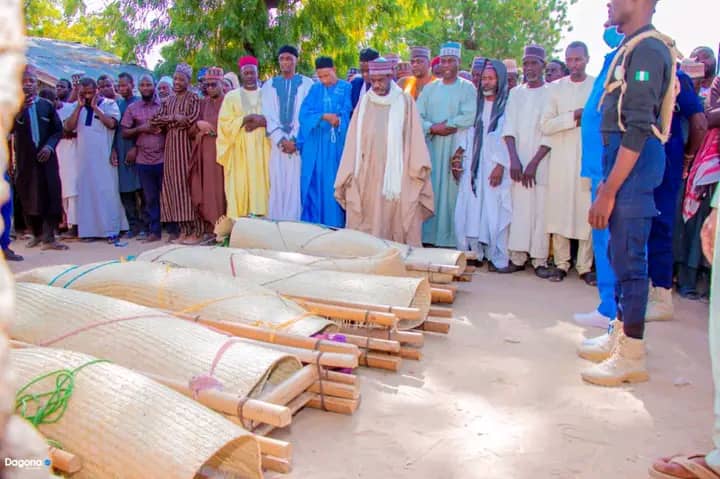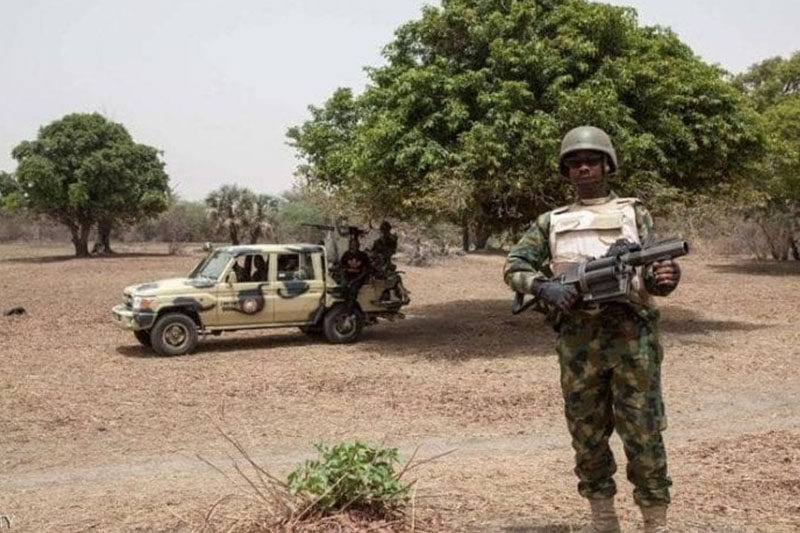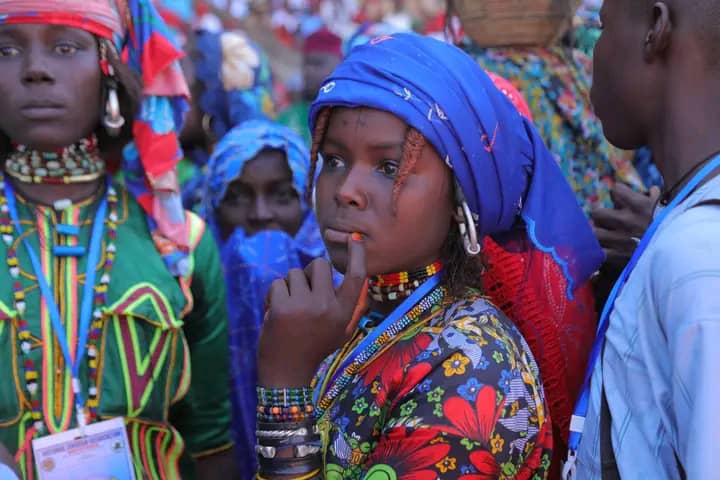Improvised explosive devices (IEDs) seem to have become the weapons of choice by insurgents in northeast Nigeria – there has been a noticeable increase recently in the number of attacks using such devices.
Recent attacks include:
Three people were blown up on Sunday, February 13, in Askira-Uba at a metals market, popularly known as Ajakuta.
Askira resident Habu Musa told RNI reporter Aisha Jamal that a man brought in some used metal to sell at the market but, unknown to him, the scrap metal contained an explosive device.
“A man took his used metal to one of the dealers. The collection of metal was weighed for pricing and the boss told two of his workers to take the metal into the back of his shop. As soon as they dropped the metal, it exploded killing them immediately. The boss was wounded in the leg and rushed to hospital. He was bleeding profusely and died on the way.”
In another attack on Monday, February 14, six people died when two vehicles detonated multiple IEDs that had been planted on the Gamboru-Dikwa road. Authorities said they suspected the explosives had been planted by members of the Islamic State West Africa Province (IWAP).
Yazara Modu, a witness, told RNI reporter Bintu Bulama that the blasts took place between 10am and noon. She said one vehicle drove over an explosive device, detonating it. The people in the car were wounded. The driver of a second car decided to try to help those wounded, but his car was blown up by another explosive.
“I saw six corpses were taken to Dikwa. There were three men and three women. Two of the men were drivers, the others were passengers. I know one of those killed has been buried. The other corpses are being kept at the Dikwa General Hospital while authorities search for their relatives.”
Modu said that after the explosions, troops arrived to help. While they were trying to rescue the wounded, insurgents suddenly appeared. The troops exchanged fire with them and they ran away.
The driver of a pick-up truck and his conductor were killed, and one passenger wounded, when they rode over an IED on the Damboa-Maiduguri highway in Borno State on Saturday, February 12.
On Thursday, February 10, a Dikwa resident who was collecting firewood, saw something unusual buried in sand and hit it repeatedly with a stick. He was blown to pieces by what turned out to be an IED planted by insurgents.
The recent increase in the number of IED attacks was of series concern, a security official said, adding that there had been were fewer physical attacks by insurgents. Instead, it appeared as if they were using IEDs.
Ibrahim Monguno, a security analyst in Maiduguri, said IED attacks were frequent when highways, such as in Gwoza, Baga and Banki, were reopened.
“Many people fell victim to such attacks. The issue was resolved when troops intensified their searches. It is impossible to say whether these are newly planted IEDs. The insurgents are infamous for employing different tactics.”
He said troops normally conducted searches before clearing the roads and warned users to avoid the edges of the roadside but sometimes drivers were negligent. He warned drivers to be “very wary”.
“Closing the highways is not the solution to this insecurity. We need to be able to use the highways for business and to boost the state’s economy. Instead, security should be heightened on the highways so that all of us can continue life as usual without fearing that every journey could end in tragedy,” Monguno said.
AISHA JAMAL








